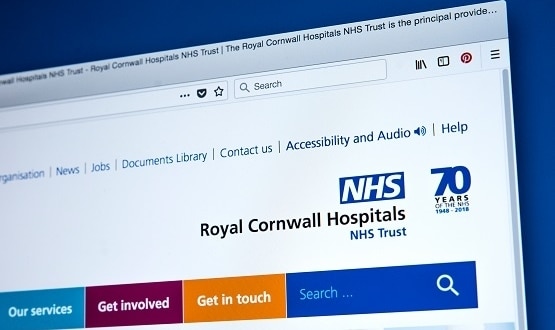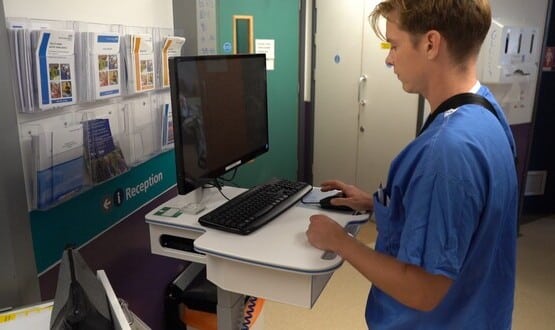Royal Cornwall streamlines cancer reporting with PhoenixSoft
- 27 September 2021

Royal Cornwall Hospitals NHS trust is using a new software solution to better manage the reporting of cancer datasets and meet national standards for reporting.
The trusts’ pathology department is using PhoenixSoft’s COSD Companion software to ensure rapid and accurate recording and reporting of all cancer datasets.
The dynamic reporting software meets the Cancer Outcomes and Services Dataset (COSD) requirements set by the National Cancer Registration and Analysis Service (NCRAS), which have been the national standard for reporting cancer data since the start of 2013 and was mandated across NHS England in October 2020.
To develop its software solution PhoenixSoft worked alongside Hampshire Hospitals Foundation NHS Trust to ensure that it could deliver the Royal College of Pathology (RCPath) datasets and COSD data without creating additional work.
The solution has now been adopted by Royal Cornwall as a more efficient and streamlined way to report all cancer datasets using Royal College of Pathology proformas and meeting the required reporting mandate. It allows clinicians to quickly and easily enter data without unnecessary or duplicated steps.
Royal Cornwall Hospitals needed to find a solution that would help them meet both RCPath proformas and the necessary COSD reporting. Accuracy was key but so too was the need to find a solution that didn’t generate additional workload.
Matthew Coles, senior biomedical scientist at Royal Cornwall Hospitals NHS Trust, said: “The dynamic data entry in COSD Companion is an extremely user-friendly feature for consultant pathologists. It enables them to report using the RCPath proformas which traditionally can be time consuming to work through as not all data categories need to be completed.
“COSD Companion automatically removes options that are not required – based on the pathologist’s previous answers – and also has the added benefit of being able to generate the COSD output required by NCRAS at the click of a button.”
Dynamic templates are used within COSD Companion to prompt users to enter the required data. Previous decisions from reporting consultants determine which data is required, helping to speed up the process. An XML file can be generated in one click which can then be reported to NCRAS.
Jason Woodard, CEO of PhoenixSoft added: “When developing COSD Companion, we worked closely with consultant pathologists to understand their reporting requirements, their existing workflow, and concerns regarding reporting the different datasets for RCPath and COSD. We are delighted that Royal Cornwall Hospitals NHS Trust will be using COSD Companion as their primary pathology reporting solution.”




